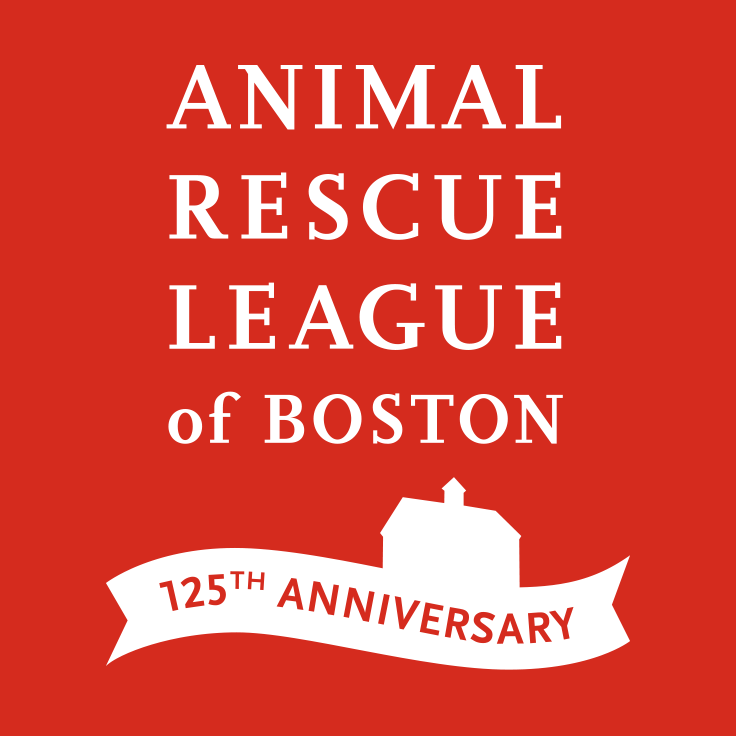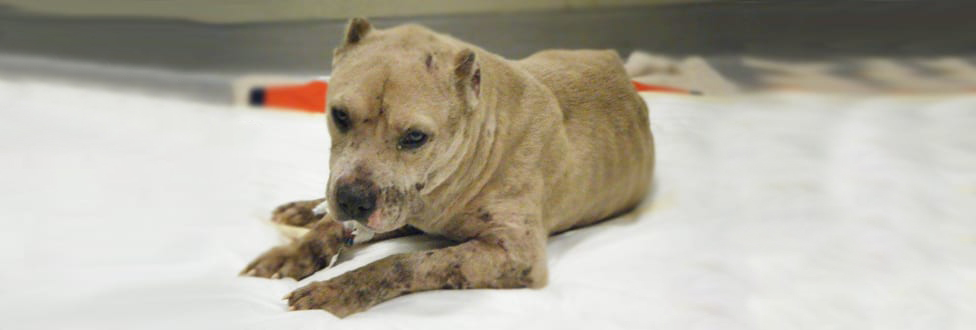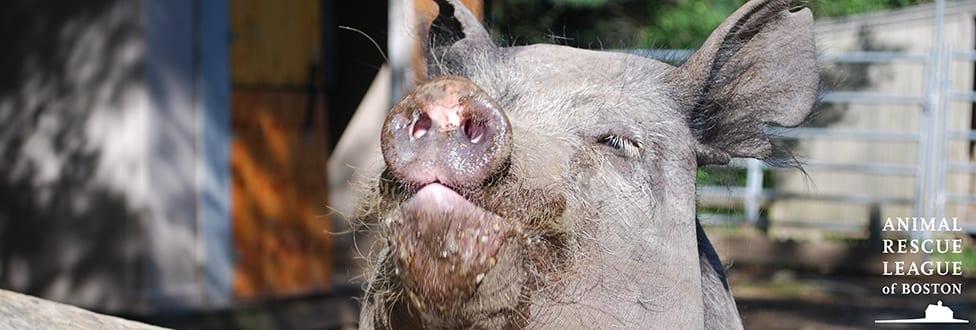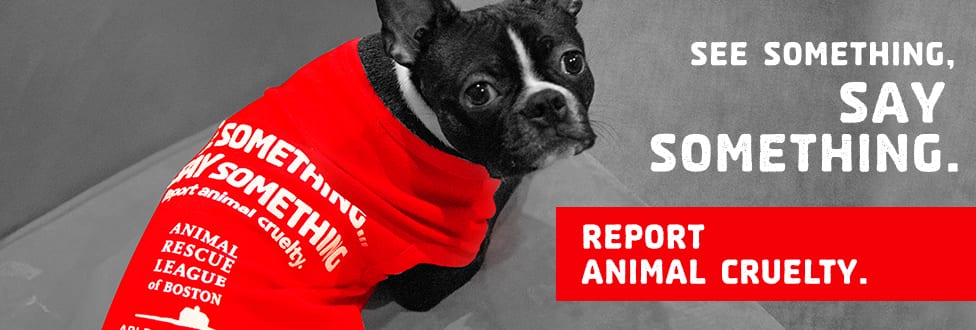Investigating Animal “Blood Sports”
Recognizing National Dog Fighting Awareness Day
The ASPCA designated April 8 as National Dog Fighting Awareness Day to increase understanding and awareness about dog fighting. We encourage animal-lovers to take action against all blood sports, an extremely brutal form of cruelty.
What are “blood sports”? Blood sports are defined as an illegal sport or contest involving the bloodshed of animals for the purpose of gambling or entertainment, and include:
-
- Dog fighting is a brutal sport or contest in which two dogs—specifically bred, conditioned, and trained to fight—are placed in a pit/ring to fight one another for the purposes of entertainment and gambling. The fight ends when one dog can’t continue due to exhaustion, injury, or death. ASPCA experts estimate that there are tens of thousands of dog fighters across the country forcing hundreds of thousands of dogs to brutally train, fight, and suffer as part of a so-called “blood sport”.
- Street fighting is an impromptu altercation between two dogs instigated by their respective owners or gangs in either a private location or common public gathering area, such as school yards, parks, or abandoned buildings. In some cases, the owner encourages their dog to attack a stray.
- Cockfighting is a sport in which two gamecocks (roosters), specifically bred for aggressiveness, are placed in a small ring and encouraged to fight to the death. Owners often will inject doses of stimulant drugs, hormones, or vitamins to increase endurance and attach knives to the gamecocks’ legs.
- Finch fighting is a sport between two male and one female perched birds that has become increasingly popular due to the birds’ small size, docile nature, and ease of transport. Owners typically attach blades to the males’ feet and sharpen their beaks to ensure the female finch’s demise.
Our Law Enforcement team works with animal control officers to identify signs of blood sports. Here are 3 common warning signs:
-
-
-
- Dogs kept on short heavy chains or tethered to makeshift dog houses
- Several crates, tethering devices, and specialized aerobic training equipment such as treadmills kept in basements and sheds
- Dogs with lots of scaring around the face, neck, front legs and chest
-
-
Whether you live in a rural, suburban, or urban neighborhood, animal “blood sports” happens in all types of areas across the country, including Massachusetts.
Blood sports are a major concern for public safety as it’s often linked with gang activity and other serious crimes such as human assault, homicide, drug possession/distribution, and illegal gambling.
Based on the ARL Law Enforcement team’s experience, building an effective legal case against this type of crime is complicated, due to the multitude of individuals, groups, and gangs that can be involved. Fighting animals – especially dogs – are bred in Massachusetts and transported to other states to fight, making it very difficult to track the activity.
Read Turtle’s Story: From Bait Dog to Therapy Dog and Lobbyist
How can communities prevent blood sports from happening?
-
-
-
- Animal control officers and humane investigators focus on breaking up an animal fighting enterprise and immediately remove animals from the situation.
- You can help raise awareness and encourage intervention; both are critical to preventing this type of crime before it occurs
-
-
We ALL have a role to play in prevention. Report suspicions of animal cruelty and learn more about what you can do.













